Metaphor: ReFantazio has quickly established itself as one of Atlus’ most significant releases. The RPG launched to immense acclaim, selling over one million copies on its first day, making it one of the company’s fastest-selling titles. Winning Best Art Direction and Best Narrative at The Game Awards 2024 only added to its growing prestige. These accomplishments, paired with its innovative approach to the genre, have sparked discussions about its potential to join Atlus’ other iconic franchises, Persona and Shin Megami Tensei.
Director Katsura Hashino, renowned for his work on the Persona series, has expressed his desire to see Metaphor: ReFantazio evolve into a flagship RPG series for Atlus. While no official sequel has been confirmed, the game’s achievements and thematic richness suggest it has a solid foundation for future entries.
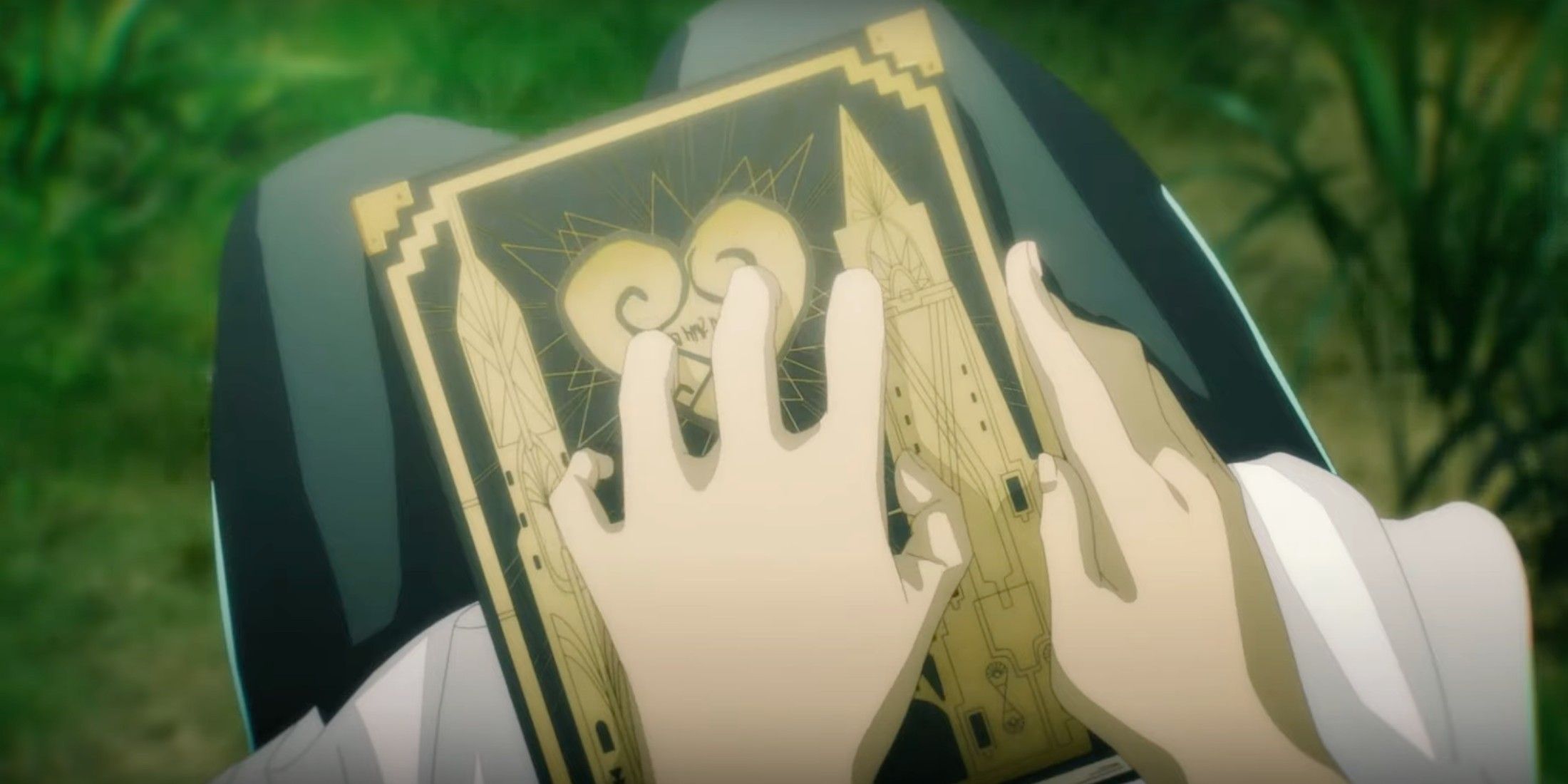
Related
Metaphor: ReFantazio’s Take on Books Sets the Stage for a Similar Approach in Persona 6
Both Metaphor: ReFantazio and Persona 5 share book reading as a stat activity, though how Metaphor entwines it with its party sets strong inspiration.
At its core, Metaphor: ReFantazio sets itself apart by trading Persona’s setting of a modern high school for a medieval high fantasy world. The game builds on the team’s signature focus on psychological themes, centering around the concept of anxiety. This places it in familiar territory for fans of Persona, which has long explored themes like truth, identity, and rebellion. However, Metaphor: ReFantazio distinguishes itself by weaving these ideas into a world inspired by Jungian archetypes, creating a fresh narrative backdrop.
The game’s hybrid combat system is another key differentiator. By blending turn-based strategy with real-time action elements, it bridges the gap between the approachable combat of Persona and the more demanding systems found in Shin Megami Tensei. Players can choose difficulty levels that provide a challenge without overwhelming those unfamiliar with Atlus’ style.
Persona’s Social Mechanics Made Simple
Metaphor: ReFantazio also refines the social systems for which Atlus games are known. Unlike Persona, which includes detailed Social Links that require careful planning and can lock players out of content due to poor decisions, Metaphor: ReFantazio simplifies these interactions. Bonding with teammates and NPCs is more straightforward, focusing on meaningful character moments without the fear of failure.
This streamlined approach has resonated with players who value emotional connections but want a more accessible experience. While less intricate than Persona’s system, it effectively builds relationships and could serve as a foundation for more ambitious mechanics in future installments.
What Lies Ahead for Metaphor: ReFantazio
Despite its standalone success, Metaphor: ReFantazio leaves room for growth and evolution in potential sequels. The game’s conclusion introduces narrative threads that could be expanded, especially with how it integrates player involvement into its story. These elements offer opportunities for a sequel to explore new themes, mechanics, and character arcs while maintaining the essence of the original.
Director Katsura Hashino has expressed a strong desire to see Metaphor: ReFantazio become a lasting series. If realized, it could stand alongside Persona and Shin Megami Tensei as one of Atlus’ defining franchises. Additionally, Atlus’ upcoming announcements for 2025—rumored to include news about Persona 6—may provide further insight into the company’s long-term plans for Metaphor: ReFantazio.
The game’s strong launch and critical acclaim suggest it is already on the right track. With its engaging world, innovative mechanics, and thoughtful exploration of anxiety, Metaphor: ReFantazio offers a fresh perspective on the Atlus RPG formula. If future entries continue to build on this foundation, the series has the potential to become just as iconic as Atlus’ other major franchises. As fans look ahead, the possibility of Metaphor: ReFantazio growing into a major series offers an exciting prospect for the future of RPGs.
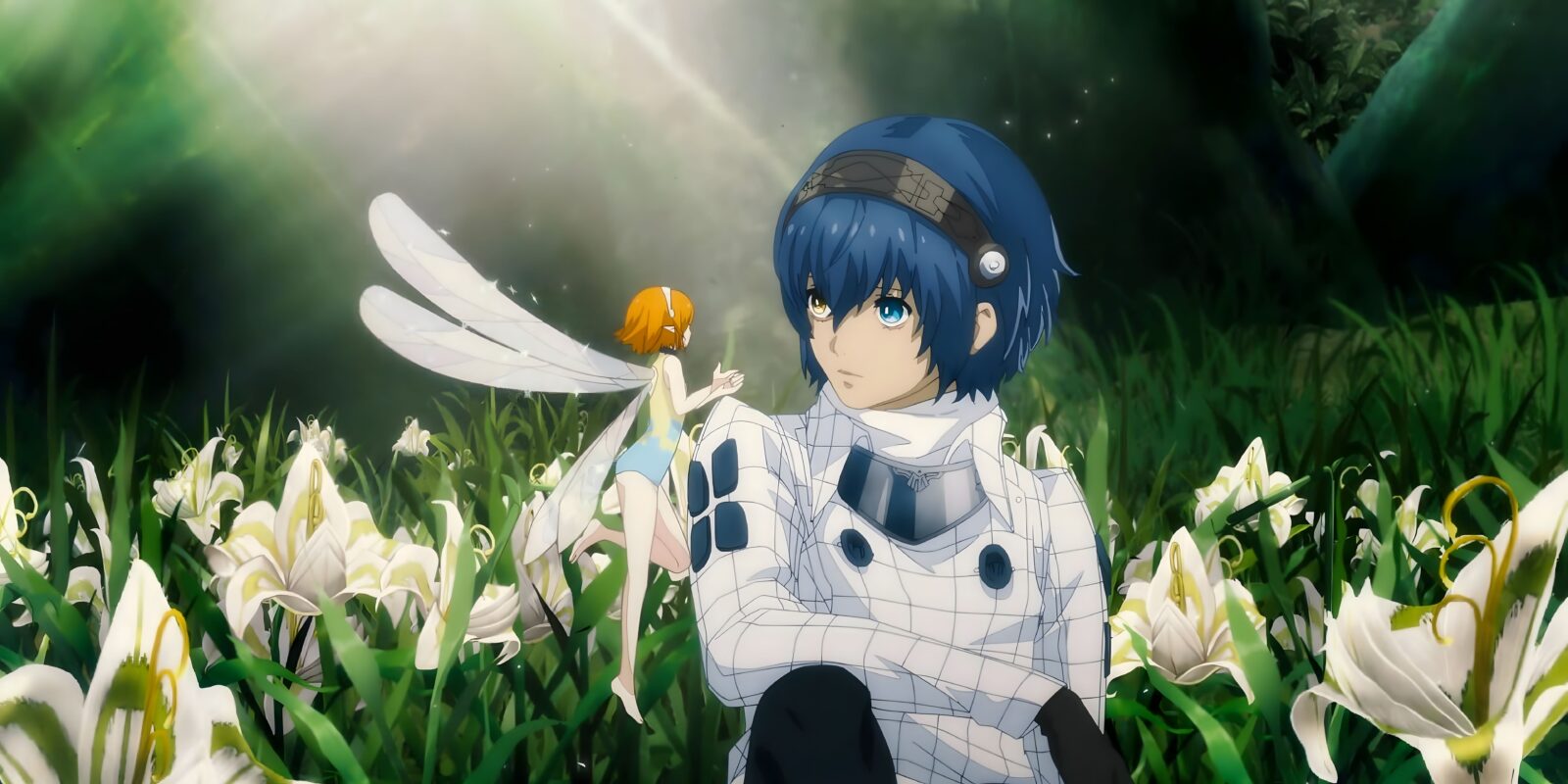

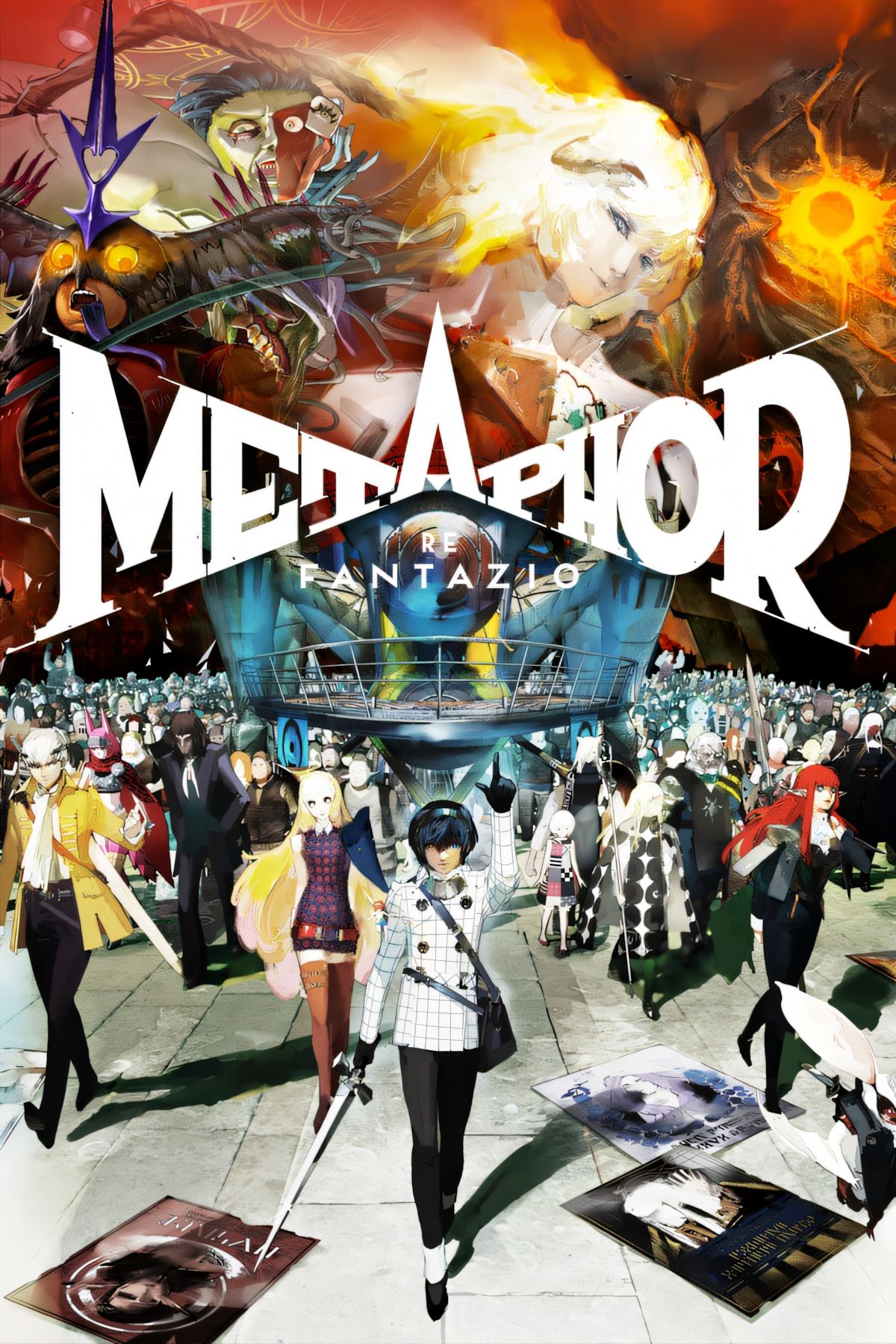




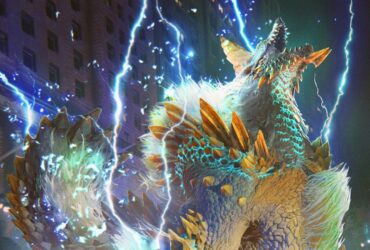
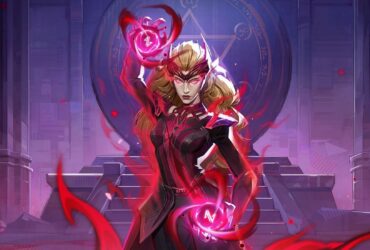



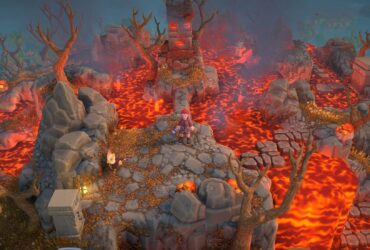
Leave a Reply